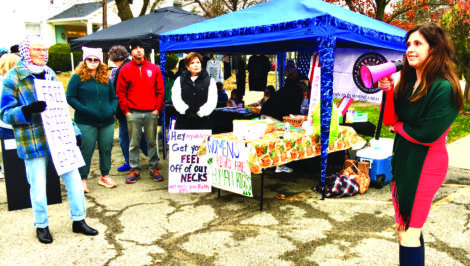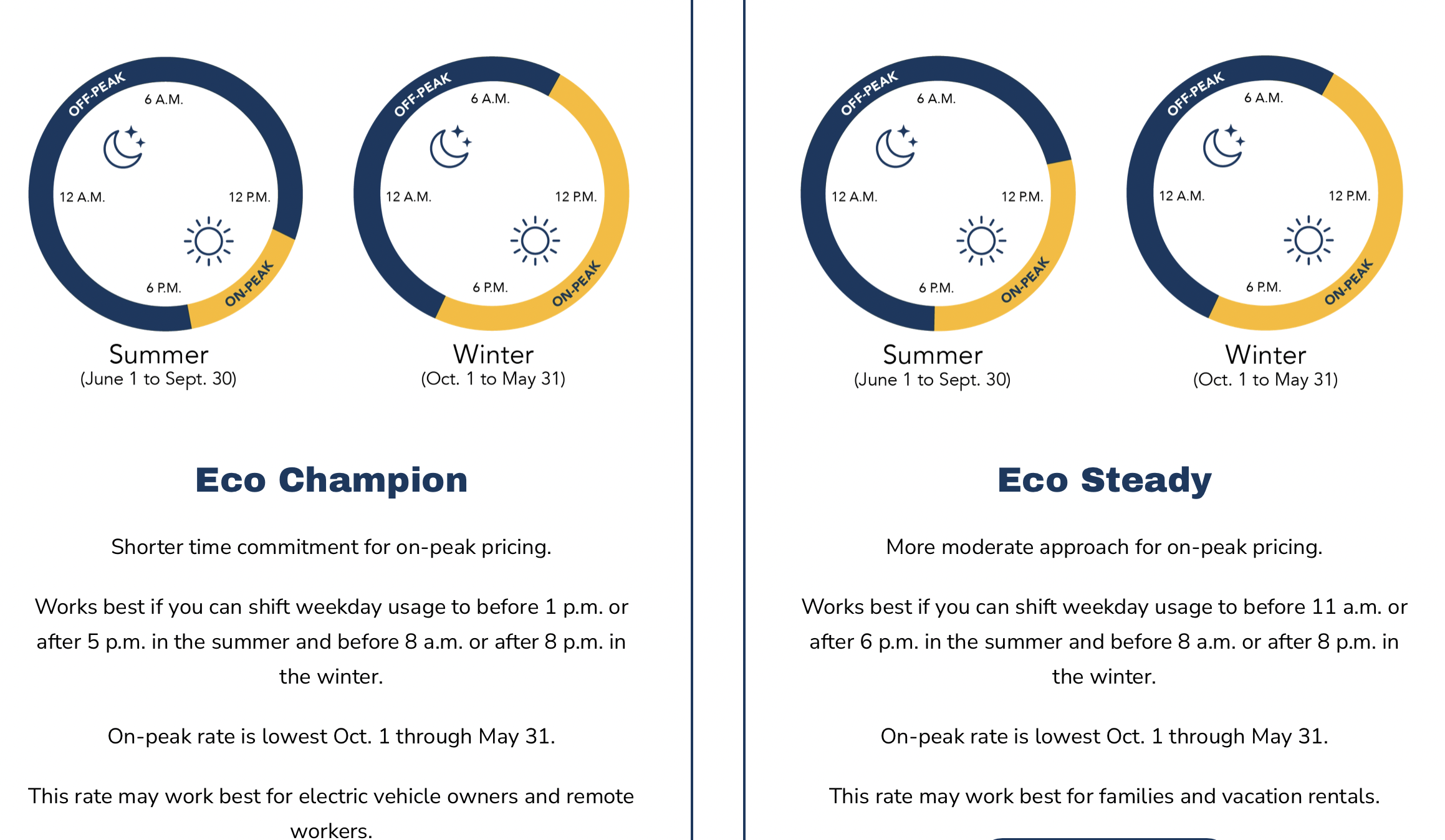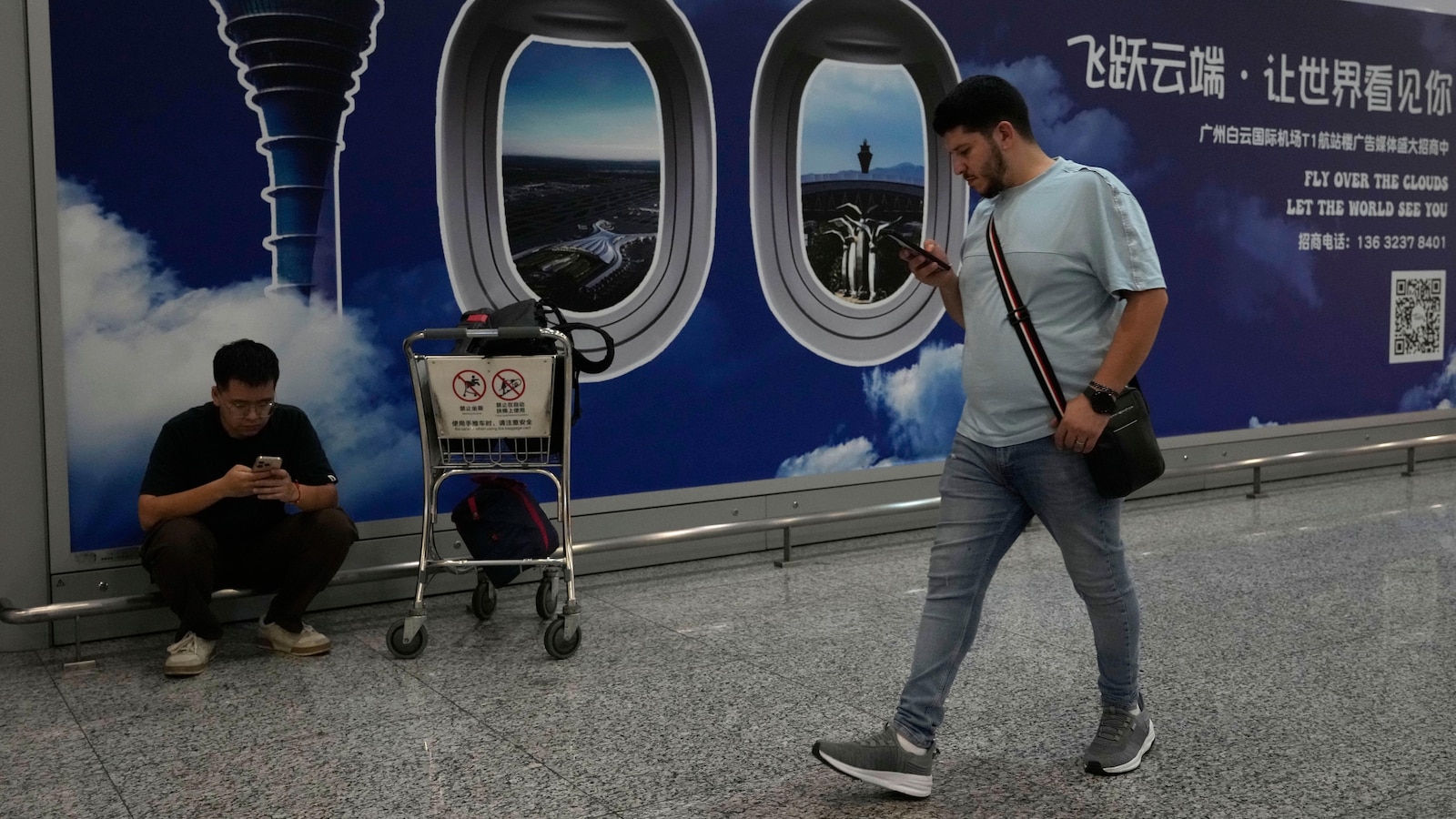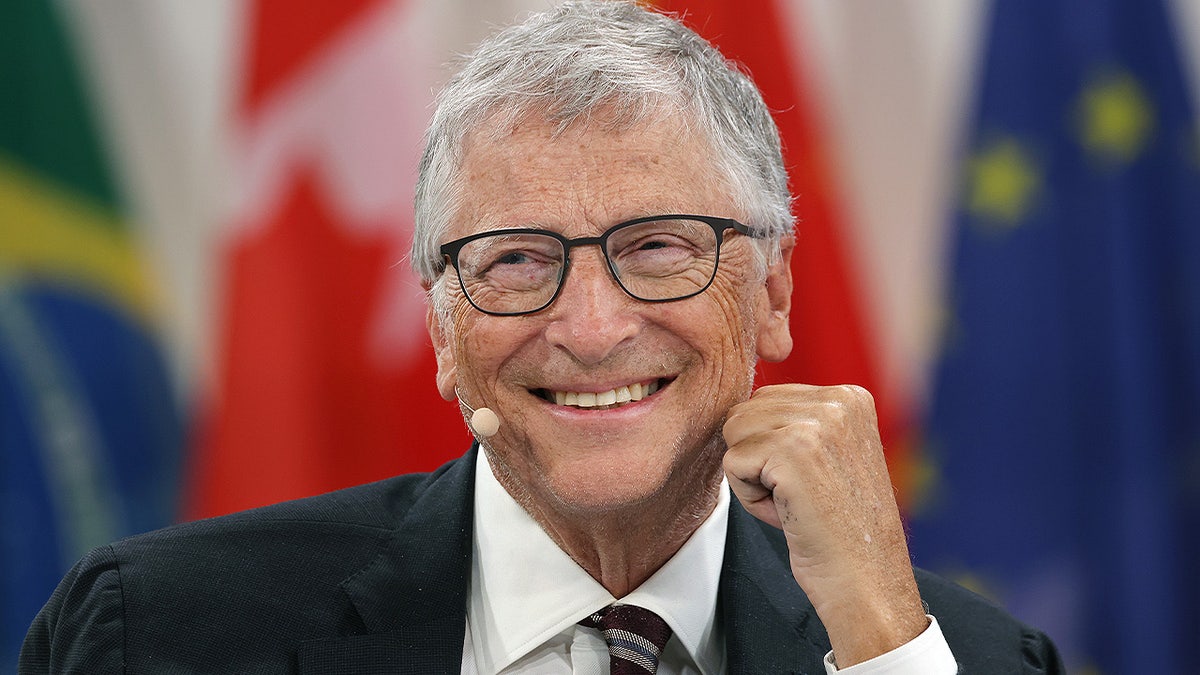Orange Money, JUMO Partner to Expand Microcredit Services Using AI in Africa – The Fast Mode
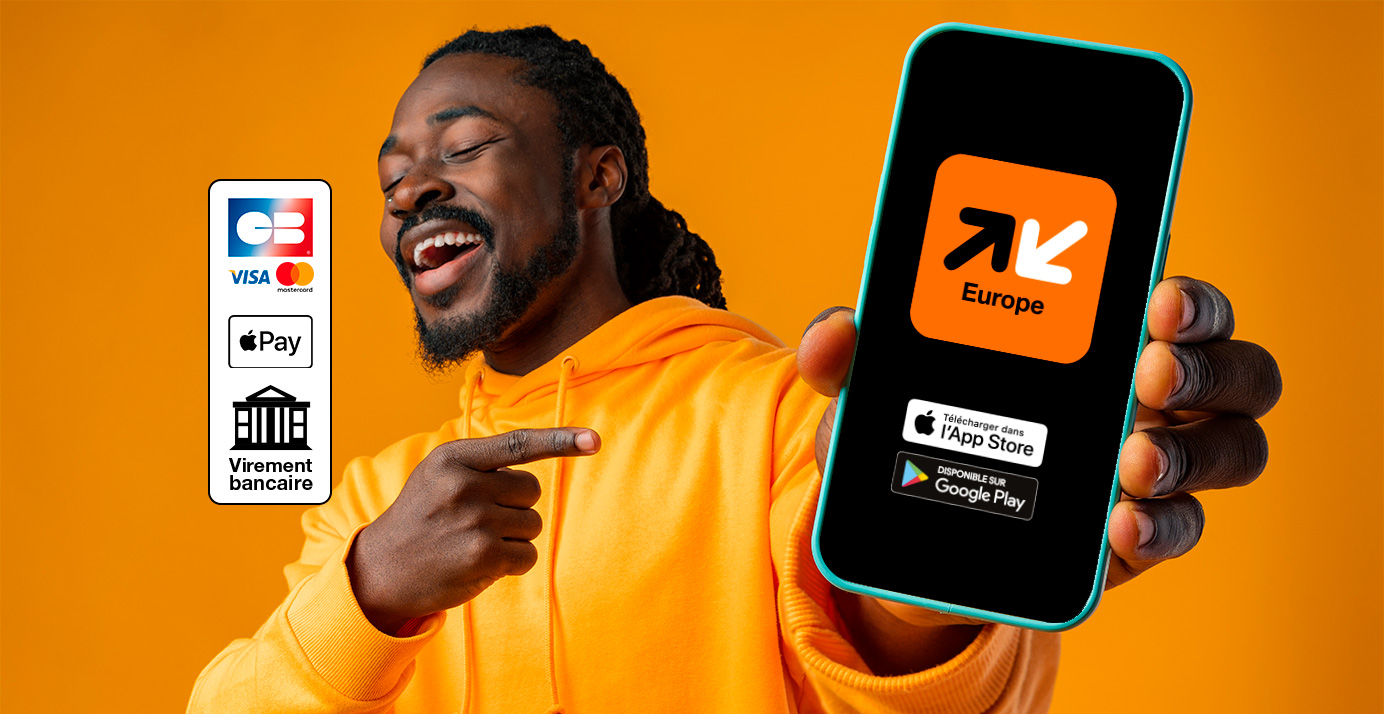
Report on the Orange Money Group and JUMO Partnership for Advancing Sustainable Development Goals in Africa
Executive Summary
A strategic partnership has been formed between Orange Money Group and JUMO, a banking as a service financial technology provider, to enhance digital financial services across Africa. This collaboration is fundamentally aimed at advancing several United Nations Sustainable Development Goals (SDGs) by extending microcredit solutions to unbanked and underserved populations, thereby fostering greater financial inclusion and economic resilience.
Strategic Alliance for Sustainable Development
Advancing SDG 1 (No Poverty) and SDG 8 (Decent Work and Economic Growth)
The core objective of this partnership is to create a robust microfinance marketplace that directly contributes to poverty alleviation and economic growth. By providing accessible credit, the initiative empowers individuals and small merchants, aligning with the following goals:
- SDG 1: No Poverty – The introduction of new microcredit services provides a critical financial tool for individuals to manage daily emergencies, invest in personal projects, and build a pathway out of poverty.
- SDG 8: Decent Work and Economic Growth – Access to capital for consumers, merchants, and distributors stimulates local economies, supports the growth of micro-enterprises, and fosters job creation.
This alliance combines Orange Money Group’s extensive reach of over 100 million customers with JUMO’s proven ability to disburse capital, having already provided over $8 billion in loans across the continent.
Leveraging Innovation to Reduce Inequalities (SDG 9 & SDG 10)
The partnership leverages cutting-edge technology to dismantle barriers to financial services, making a significant impact on infrastructure development and inequality reduction.
- SDG 9: Industry, Innovation, and Infrastructure – JUMO’s AI-driven platform represents a key innovation built upon Africa’s expanding mobile technology infrastructure. The use of trained algorithms for credit risk assessment facilitates the immediate and efficient flow of capital.
- SDG 10: Reduced Inequalities – By enabling individuals to securely request credit via mobile devices without a traditional bank account or collateral, the partnership directly targets and reduces the inequalities faced by financially excluded populations.
Operational Framework and Market Expansion
A Multi-Stakeholder Partnership for the Goals (SDG 17)
This initiative exemplifies SDG 17 by creating a powerful collaboration between a mobile money provider, a fintech platform, pan-African banks, and development finance institutions. The streamlined operational process is designed for maximum accessibility and impact.
User Process for Financial Inclusion:
- Users access the service directly through their Orange Money Group mobile wallet.
- A request for a specific credit amount is submitted via the mobile interface (app or USSD).
- JUMO’s AI technology instantly evaluates eligibility based on the user’s transactional data.
- Upon validation, the loan amount is immediately credited to the user’s wallet.
- Repayment is managed automatically according to the agreed-upon terms.
The rollout strategy prioritizes markets with significant needs, with an initial focus on Francophone Africa. Launches are imminent in Burkina Faso, to be followed by Mali and Botswana, expanding the reach of these critical financial services.
1. Which SDGs are addressed or connected to the issues highlighted in the article?
The article highlights a partnership aimed at enhancing digital financial services, particularly microcredit, for unbanked populations in Africa. This initiative directly connects to several Sustainable Development Goals (SDGs) focused on poverty reduction, economic growth, innovation, reducing inequality, and fostering partnerships.
-
SDG 1: No Poverty
The initiative aims to provide microcredit solutions to help customers “manage everyday emergencies” and support their “personal projects.” This access to finance is a critical tool for poverty alleviation, enabling individuals to smooth consumption, invest in small-scale enterprises, and build resilience against economic shocks.
-
SDG 8: Decent Work and Economic Growth
By providing loan products for “consumers, merchants and distributors with limited access to these services,” the partnership fosters economic activity. Access to credit allows small businesses and entrepreneurs to invest, expand, and create employment, thereby contributing to overall economic growth.
-
SDG 9: Industry, Innovation, and Infrastructure
The collaboration is built on technological innovation, using “data analytics and artificial intelligence capabilities” and “AI-driven technology” to create a new financial infrastructure. The service is delivered via mobile platforms (“app-based and USSD lending”), increasing access to financial services through modern technology.
-
SDG 10: Reduced Inequalities
The primary focus of the partnership is on “unbanked populations” and creating a “new microfinance marketplace for the unbanked in emerging markets.” This directly addresses the inequality in access to financial services, promoting the economic inclusion of marginalized groups.
-
SDG 17: Partnerships for the Goals
The article is centered on a strategic alliance between Orange Money Group and JUMO. It also mentions JUMO’s broader “partnerships with pan-African banks and development finance institutions.” This multi-stakeholder collaboration is a clear example of the partnerships required to achieve sustainable development.
2. What specific targets under those SDGs can be identified based on the article’s content?
The article’s content aligns with several specific SDG targets:
-
Target 1.4: Access to financial services for the poor and vulnerable
This target aims to ensure that the poor and vulnerable have equal rights to economic resources, including “access to… financial services, including microfinance.” The partnership’s core mission to “extend Orange Money Group’s services to include additional microcredit solutions for unbanked populations” directly contributes to this target.
-
Target 8.10: Universal access to banking, insurance and financial services
This target calls for strengthening domestic financial institutions to “encourage and expand access to banking… and financial services for all.” The collaboration between Orange Money and JUMO to roll out credit products across multiple markets for customers who may not have a bank account is a direct effort to expand financial access.
-
Target 9.c: Universal and affordable access to information and communications technology
This target focuses on significantly increasing access to ICT. The project leverages mobile technology, enabling customers to “securely request credit through their mobile devices” via “app-based and USSD lending.” This uses existing mobile infrastructure to deliver new services, enhancing the value and utility of ICT access.
-
Target 10.2: Empower and promote the social and economic inclusion of all
This target aims to promote the inclusion of all, irrespective of economic status. By specifically targeting the “unbanked” and those with “limited access to these services,” the initiative works to reduce financial exclusion and empower individuals economically.
-
Target 17.17: Encourage effective public, public-private and civil society partnerships
This target promotes multi-stakeholder partnerships. The article describes a strategic alliance between two private sector companies (Orange Money Group, JUMO) that also leverages JUMO’s existing “partnerships with pan-African banks and development finance institutions,” embodying the spirit of this target.
3. Are there any indicators mentioned or implied in the article that can be used to measure progress towards the identified targets?
Yes, the article contains several quantitative and qualitative indicators that can be used to measure progress:
-
Number of people with access to financial services
The article provides baseline numbers, such as Orange Money Group’s “over 100 million customers” and JUMO’s “more than 31 million African customers.” An indicator of progress would be the growth in the number of customers using the new microcredit services. This directly measures progress towards Targets 1.4 and 8.10.
-
Volume of financial transactions and loans
The article mentions that JUMO has “disbursed over $8 billion” and Orange Money Group “facilitated more than EUR 160 billion in transactions in 2024.” The future volume and value of microcredit loans disbursed through the new partnership would be a key performance indicator of its scale and impact.
-
Geographic expansion of services
Progress can be measured by the number of countries where the service is successfully launched. The article states the partnership has “plans to launch in Burkina Faso imminent, to be followed by Mali and Botswana,” providing a clear roadmap for tracking expansion.
-
Efficiency and sustainability of the financial model
A specific indicator mentioned is the goal to “reduce the cost of risk for lending to
-
Number and value of partnerships
The success of the model relies on collaboration. An indicator related to Target 17.17 would be the number of new “pan-African banks and development finance institutions” that join the platform to provide funding, and the total capital they commit.
4. SDGs, Targets and Indicators Analysis
| SDGs | Targets | Indicators |
|---|---|---|
| SDG 1: No Poverty | 1.4: By 2030, ensure that all men and women, in particular the poor and the vulnerable, have equal rights to economic resources, as well as access to… financial services, including microfinance. |
|
| SDG 8: Decent Work and Economic Growth | 8.10: Strengthen the capacity of domestic financial institutions to encourage and expand access to banking, insurance and financial services for all. |
|
| SDG 9: Industry, Innovation, and Infrastructure | 9.c: Significantly increase access to information and communications technology and strive to provide universal and affordable access to the Internet. |
|
| SDG 10: Reduced Inequalities | 10.2: By 2030, empower and promote the social, economic and political inclusion of all, irrespective of… economic or other status. |
|
| SDG 17: Partnerships for the Goals | 17.17: Encourage and promote effective public, public-private and civil society partnerships, building on the experience and resourcing strategies of partnerships. |
|
Source: thefastmode.com

What is Your Reaction?
 Like
0
Like
0
 Dislike
0
Dislike
0
 Love
0
Love
0
 Funny
0
Funny
0
 Angry
0
Angry
0
 Sad
0
Sad
0
 Wow
0
Wow
0
